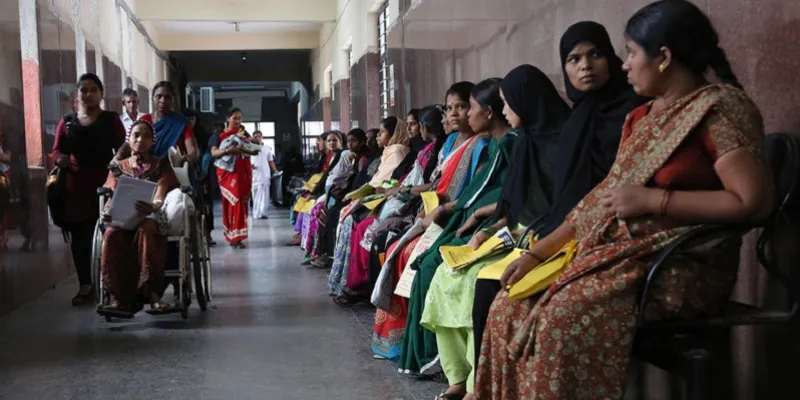World Bank to provide $287 M loan for health care improvement in Tamil Nadu
Tamil Nadu ranks third among all Indian states in the NITI Aayog Health Index, which is reflected in vastly improved health outcomes.
The central government, the state government and the World Bank has signed a loan agreement for the Tamil Nadu Health System Reform Program for $287 million.
"The program aims to improve the quality of health care, reduce the burden of non-communicable diseases (NCDs), and fill equity gaps in reproductive and child health services in the state of Tamil Nadu," the release said.
Tamil Nadu ranks third among all Indian states in the NITI Aayog Health Index, which is reflected in vastly improved health outcomes.
The state's maternal mortality rate has declined from 90 deaths per one lakh live births in 2005 to 62 deaths in 2015-16, while infant mortality has declined from 30 deaths per 1000 live births to 20 in the same period.

Despite these impressive gains, certain challenges in health care remain, including quality of care and variations in reproductive and child health among districts, the release said.
Tamil Nadu is also dealing with a growing burden of NCDs as they account for nearly 69 per cent of deaths in the state.
The Tamil Nadu Health System Reform Program will support the state government to develop clinical protocols and guidelines, and achieve national accreditation for primary, secondary, and tertiary-level health facilities in the public sector.
The programme is also aimed at strengthening physicians, nurses and paramedics through continuous medical education; strengthening the feedback loop between citizens and the state by making quality and other data accessible to the public.


![[Startup Bharat] How healthcare startups in Tier II and III cities are solving the problem of a...](https://images.yourstory.com/cs/2/a9efa9c0-2dd9-11e9-adc5-2d913c55075e/Healthcare-startups_Feature-image_YourStory1559663781783.png?fm=png&auto=format&h=100&w=100&crop=entropy&fit=crop)






